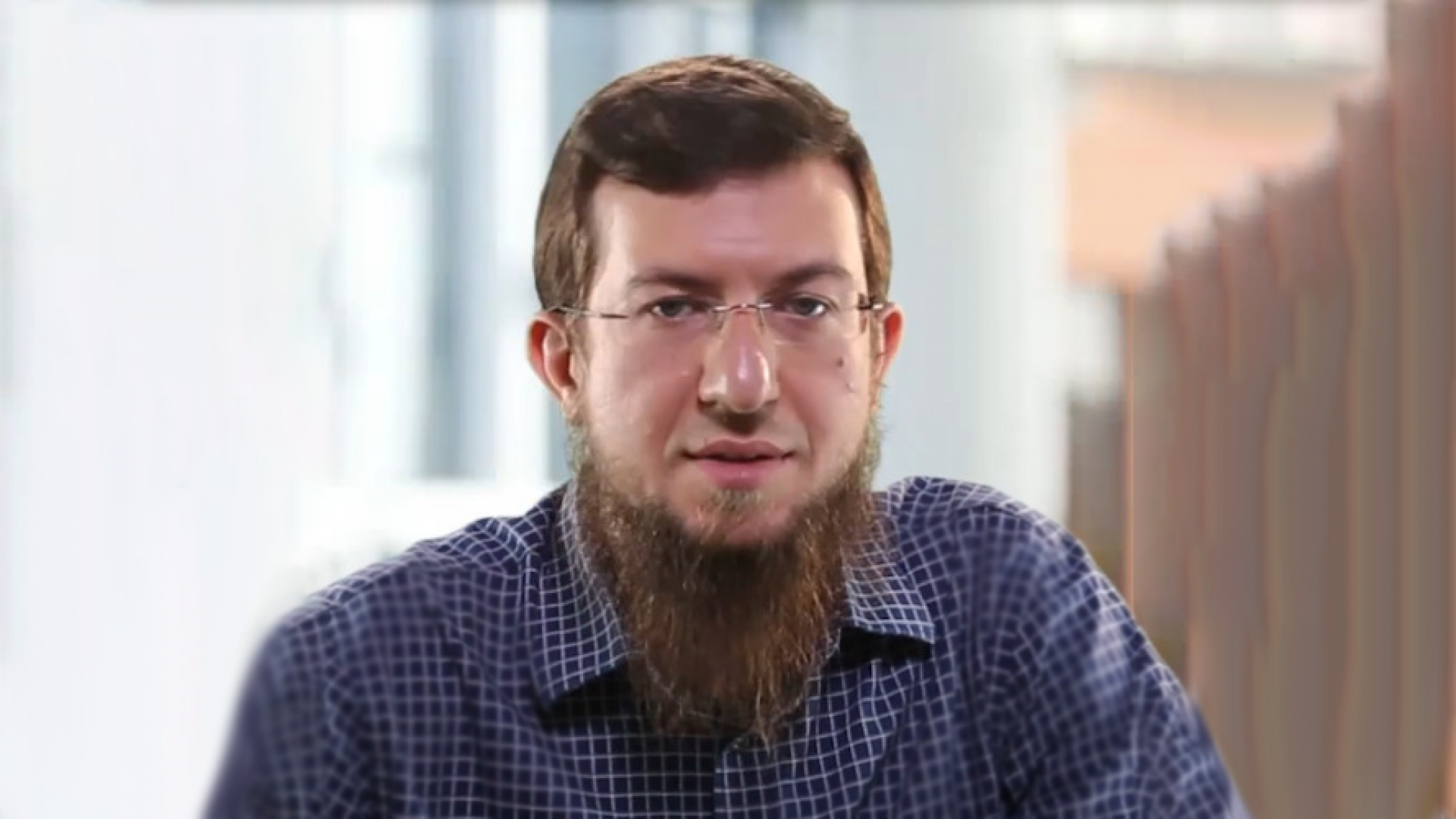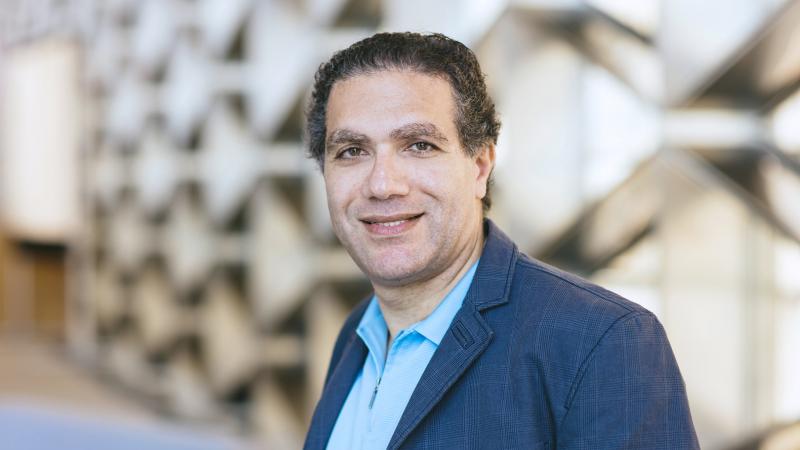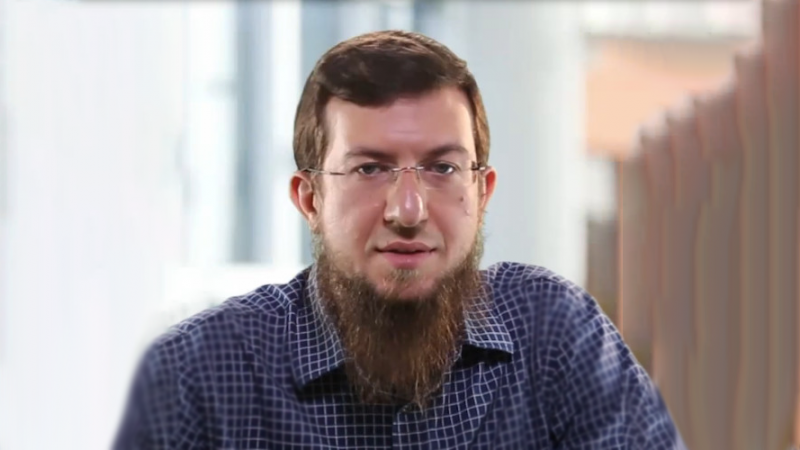David Murphy
Former KAUST Sensors Lab researcher Hesham Omran (Ph.D. ’15) has received the prestigious Egyptian State Encouragement Award in Engineering Sciences. Omran was honored by Egypt's Academy of Scientific Research and Technology (ASRT) for his scientific contributions and achievements for a “distinguished scholar younger than 40.”
To be eligible for the award, the ASRT runs a comprehensive evaluation process that considers the candidate’s scientific profile, participation in the scientific community, and an independent review of the originality, novelty, and impact of the researcher’s latest papers. The award is the highest scientific honor awarded to young researchers in Egypt.
The ECE alumnus, and current assistant professor at the Integrated Circuits Lab (ICL) at Ain Shams University (ASU), stated that he is “extremely proud” of the ASRT’s acknowledgment of his early career achievements.
“I feel thrilled and proud to receive the State Encouragement Award in Engineering Sciences. The award, presented to scholars under 40 years of age, represents a gratifying recognition of my scientific achievements so far.”
Mastering microelectronics
Outside of his day-to-day research, Omran has created a tech startup, Master Micro.
“My startup is developing the Analog Designer’s Toolbox (ADT), an EDA tool that defines a new paradigm in analog integrated circuit (IC) design. We devised ADT to help analog IC designers be more productive, to make the design process more systematic, to achieve highly optimized designs, and make the design process more enjoyable.
“Our startup is a winner of Egypt’s Information Technology Industry Development Agency (ITIDA) Technology Innovation and Entrepreneurship Center (TIEC) start-up incubation program. Our team aims at making ADT the most important analog EDA tool since the introduction of Berkeley SPICE simulator. Our goal is to change how every analog IC designer works, and how every analog IC design course is taught.”
The Egyptian researcher has also created a "Mastering Microelectronics" YouTube channel, which has attracted over 3,000 subscribers. Omran set up the channel to act as a one-stop-shop for students and professionals interested in learning more about microelectronics.
“I have developed and taught several advanced courses on analog IC design, computer-aided circuit design, analog integrated systems design, CMOS data converters, RF circuit design, and digital IC design. I delivered these courses to undergraduate students, graduate students, and professional engineers in several institutes and companies inside and outside Egypt. And most of these courses are available for free on my YouTube channel.”
The ability to pursue research dreams
Under Professor Khaled Nabil Salama's supervision, Omran obtained his Ph.D. degree in electrical engineering from KAUST in 2015 before rejoining ASU’s ICL in 2016. He feels that his time spent at KAUST has had a lasting effect on his career, which has yielded over 40 published papers in several leading international journals and conferences.
“My time at KAUST has caused a significant effect on my career. Being surrounded by world-class researchers was a true source of inspiration for me. The generous research funding and high-quality laboratories available made it possible to pursue my research dreams. Prof. Salama’s trust and support always fueled my passion and aspirations.
“KAUST gave me the opportunity to publish papers in leading forums and interact with researchers from universities around the world,” he concluded.


